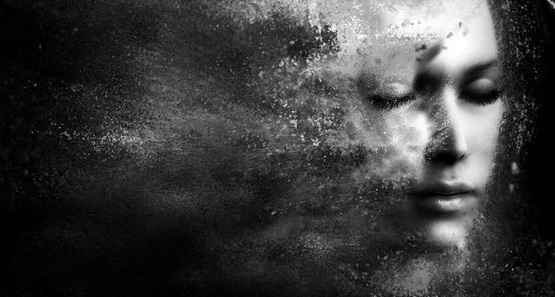The Impact of Depression on Your Creativity
Depression, an intricate mental health condition affecting a multitude of individuals globally, often fails to receive due attention for its impact on creativity despite its widely recognized emotional and cognitive repercussions.
Creativity, a crucial facet of human expression, necessitates a comprehensive comprehension of how depression influences it, especially for those grappling with this mental health ailment.
This discourse delves into the profound consequences of depression on creativity, investigating its potential to both impede and occasionally enhance the creative process.
By shedding light on this subject, we aspire to cultivate a deeper comprehension of the intricate interplay between depression and creativity.
Diminished Motivation and Inspiration
Depression frequently results in diminished motivation and inspiration, exerting a constraining effect on the creative process.
The energy, interest, and pleasure deficits experienced by depression-afflicted individuals can dampen their inclination to partake in creative pursuits.
The fading of enthusiasm and ardor for artistic endeavors can be disheartening and contribute to creative stagnation.
The absence of inspiration, coupled with an overarching sense of hopelessness, may curb the eagerness to explore novel concepts and experiment with creative articulation.
Compromised Cognitive Functioning
Depression can impair cognitive functioning, casting a negative shadow on creative thinking. Individuals grappling with depression often encounter challenges related to concentration, memory, and problem-solving abilities.
Intrusive negative thoughts and cognitive biases inherent to depression can impede the capacity to generate fresh ideas and think flexibly.
This cognitive impediment might breed self-doubt and obstruct the creative process, hampering individuals in surmounting mental hurdles and wholeheartedly engaging in their artistic endeavors.
Emotional Turmoil and Artistic Expression
Depression’s hallmark is its surge of intense emotions encompassing sorrow, desolation, and anxiety. These emotional surges can both suppress and fuel creativity.
On one hand, the overwhelming emotional weight of depression might quash creativity, as individuals grapple to carve out the requisite mental and emotional room for creative exploration.
Conversely, for certain individuals, art transforms into a conduit for emotional catharsis and release.
Creativity serves as an avenue to articulate intricate emotions and grapple with the inner conflicts tied to depression. In these instances, depression might act as a catalyst, fomenting profound and introspective artistic manifestations.
Unconventional Standpoints and Creativity
Though depression can be debilitating, it can also offer individuals an unparalleled prism through which to perceive the world.
The heightened sensitivity and introspection often linked to depression can offer unconventional viewpoints and profound insights.
These experiences can propel creativity by endowing individuals with the capability to approach artistic endeavors from a vantage point of profound empathy and comprehension.
By channeling their sentiments and experiences into their creative ventures, those impacted by depression can produce art that resonates deeply with others.
Conclusion
Depression’s influence on creativity is intricate and multifaceted. Diminished motivation, compromised cognitive functioning, and emotional upheaval can hinder the creative trajectory, inducing artistic inertia.
Nonetheless, depression can also catalyze poignant self-expression and unconventional viewpoints, enabling individuals to channel their experiences into impactful creative pursuits.
Recognizing the interplay between depression and creativity proves indispensable for those enduring depression, alongside artists and creative practitioners.
Through seeking pertinent support such as therapy, medication, and self-care techniques, individuals can navigate the hurdles and tap into their creative potential, even while contending with depression.

